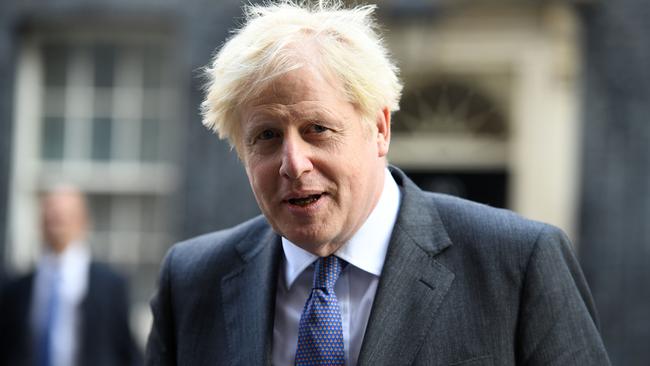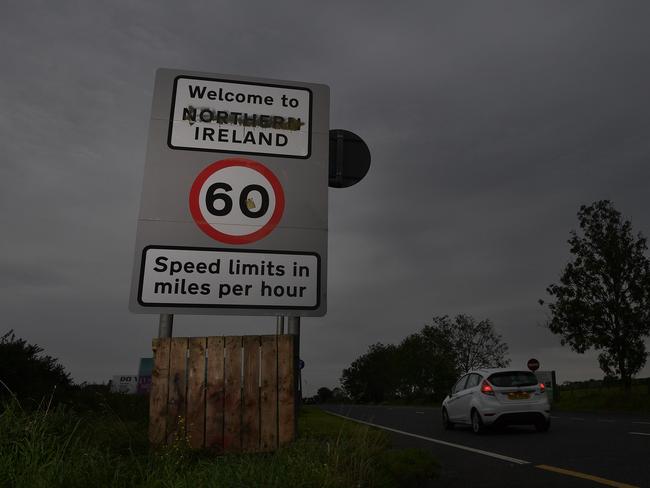Washington warns on Irish border dispute as Britain and Europe trade blows

Is there any end to this problem? Just over a century ago, in 1914, on the eve of the Great War, the United Kingdom faced the possibility of civil conflict over the creation of a border between six northern counties of Ireland and the rest of that island country.
This was because the governing Liberals in Westminster proposed home rule for the whole of Ireland but the opposition Conservatives were adamant that those six counties should remain part of the UK.
The Conservatives claimed the six counties would resist incorporation into an Ireland with home rule — by force if necessary. Moreover, some sections of the British army had made it clear that they would not fight against what they saw as family and friends in those parts of Ireland that wished to remain in the UK.
The prospect of civil war receded with the outbreak of the Great War in August 1914 but, when Ireland did obtain home rule in 1921, it was without the six counties — which remained, as they do today, a province of the UK under the name of Northern Ireland.
Throughout the Brexit negotiations, the EU has used the Irish border question as one of their chief mechanisms for derailing the discussions — insisting that there could be no customs procedures between the Irish Republic, which is a member of the EU, and Northern Ireland, which is part of the United Kingdom.

Why this should be so always remained a mystery. The EU has borders with various countries that are not members of the Union — Switzerland, for example — and it is hard to see why the normal freedom of trade that prevails inside the EU should not be subject to some qualifications in those cases. The suggestion, often mentioned, that any kind of customs requirements on the Irish border would provoke a return to terrorism by the Irish Republican Army always appeared to be a fanciful proposition.
Nevertheless, last October the British government agreed with the EU that goods would not need to be checked along the Irish border when the Brexit arrangements were finalised because Northern Ireland would continue to enforce the EU’s rules on tariffs and product standards.
Now, however, the British government has introduced legislation at Westminster allowing these EU requirements to be modified if they interfere with the flow of goods between Northern Ireland and the rest of the UK.
This proposed legislation has been greeted with a storm of criticism from the EU and further afield, including Nancy Pelosi, Speaker of the US House of Representatives, who warned that there would be “absolutely no chance” of a US-UK trade deal if the legislation proceeded.
Pelosi appeared to adopt the suggestion that this legislation might lead to an outbreak of armed conflict on the Irish border. Unsurprisingly, in view of its conduct over recent years, the Irish government has joined in the attacks on the British position.
The proposed legislation has also been criticised as a breach of international law. Britain can, of course, be legitimately criticised for reconsidering one aspect of an agreement previously made with the EU. But a nation state cannot be forced in any legal tribunal to honour an agreement if it chooses not to. It is not, therefore, very useful to categorise this as a breach of international law with the idea that it can be the subject of legal sanctions.
There is still the bigger question as to whether a general agreement on a new trade relationship between Britain and the EU can be agreed by the deadline of December 31. It is in the interests of both parties for this to occur, but the EU bitterly resents Britain’s leaving it and this has coloured its approach to these negotiations. There is, therefore, a possibility that a final agreement will not be reached by the deadline despite the absurdity of such a result.
Michael Sexton’s latest book is Dissenting Opinions (Connor Court).



In the final days of the Brexit negotiations between Britain and the European Union, the question of the Irish border has yet again become the subject of acrimonious debate, even extending to US politicians in Washington.